Virtual IOP for Depression – California
![]() Dr. Andrea Wagner
on
April 14, 2025
Dr. Andrea Wagner
on
April 14, 2025

A Flexible, Effective Treatment Option from Redeemed Mental Health
When you’re working long hours or managing a full plate at home, seeking help for depression might feel like an impossible task. At Redeemed Mental Health in Newport Beach, California, we understand that making time for your well-being doesn’t always mean stepping away from your daily responsibilities. That’s why we offer a Virtual Intensive Outpatient Program (Virtual IOP) specifically designed for adults facing major depressive disorder, persistent depressive disorder, or other mental health conditions — without needing to put life on hold.
What Is a Virtual IOP?
For many working professionals — including those in construction, transportation, manufacturing, or service industries — taking time off for treatment isn’t realistic. Our virtual intensive outpatient program meets you where you are, so you can seek treatment on your terms.
A Virtual IOP allows individuals to attend structured therapy sessions online, from the comfort of their own home. Whether you’re dealing with mild or moderate depression or managing a severe depression diagnosis, this treatment model gives you access to a mental health professional, group therapy, and individual therapy, all while still working your job or taking care of your family.
How It Works
At Redeemed Mental Health, our Virtual IOP runs during daytime and evening hours to accommodate your schedule. After an initial assessment and medical history review, we’ll create a custom treatment plan tailored to your needs. This plan may include:
Talk therapy, including interpersonal therapy and Cognitive Behavioral Therapy (CBT)
Regular one-on-one sessions with a primary therapist
Group therapy for connection and support
Medication management, if needed, including options like selective serotonin reuptake inhibitors or tricyclic antidepressants
Practical coping skills and tools to manage symptoms

Many clients in our Virtual IOP are experiencing depression symptoms such as fatigue, lack of motivation, low mood, or suicidal thoughts. Our program is designed to treat depressive disorders holistically — targeting the roots of your symptoms, not just the surface.
Get Your Questions Answered Now
Real Help from Real People
At Redeemed, you’re not just another chart or appointment slot. We’re clinician-owned and operated by Dr. Andrea Wagner, a respected psychologist who brings years of experience in treating complex mental health and dual diagnosis cases. Our team is here to walk alongside you — whether you’ve just had depression diagnosed or have been battling a mood disorder for years.
We use evidence-based care, including measurement-based tools, to track your progress and make sure your treatment is truly working for you. That means you’re not stuck in a one-size-fits-all plan — your care is flexible, personal, and focused on results.
Is Virtual IOP Right for You?
Our Virtual Intensive Outpatient Program is a good fit if:
You’ve been struggling with depression, self-harm, or mental health challenges
You want to avoid the emergency room or hospitalization
You’re returning to life after inpatient or residential care
You’re balancing treatment with work, family, or other health conditions
It’s also ideal for those who may not be ready for electroconvulsive therapy or other more invasive treatments, and want a consistent support system without traveling to a facility every day.

The Redeemed Difference
Located in peaceful Newport Beach, Redeemed Mental Health offers a uniquely compassionate and experienced team. We know that healing looks different for everyone — and we’re here to create a pathway to recovery that’s just right for you.
Through our Virtual IOP, we’re bringing behavioral health services to more Californians — especially working adults — who need treatment they can fit into their everyday lives.
Join the Journey to Healing
If you or a loved one is struggling with depression, don’t wait until it gets worse. Call Redeemed Mental Health today at (888) 276-4435 and ask about our Virtual IOP for depression. Together, we’ll build a treatment plan that helps you feel like yourself again — no matter where you’re starting from.
FAQs About Virtual IOP Treatment for Depression
What types of mental health concerns can a Virtual IOP help with?
A Virtual Intensive Outpatient Program (Virtual IOP) can help with a wide range of mental health concerns, especially for individuals experiencing depression, anxiety, trauma, or other mood-related challenges. At Redeemed Mental Health, our Virtual IOP is specifically designed to treat depression in a flexible, effective way — without requiring you to put your life on hold.
Can a Virtual IOP help with mild depression?
Yes. Mild depression can still have a serious impact on your daily life and emotional well-being. Our Virtual IOP helps clients build coping strategies, engage in talk therapy, and connect with a supportive community — all of which are key components in managing and treating mild depression before it worsens.
How is major depression treated in a Virtual IOP?
Major depression is treated through a personalized combination of evidence-based practices. These may include individual therapy, group therapy, and medication management as needed. Our team of licensed professionals will develop a treatment plan tailored to your specific symptoms, goals, and lifestyle. The goal is to treat depression holistically while allowing you to stay engaged with work, family, or other responsibilities.
What are the most common symptoms of depression treated in a Virtual IOP?
Some of the most common symptoms we address in our Virtual IOP include:
Persistent sadness or low mood
Fatigue and loss of energy
Feelings of worthlessness or hopelessness
Trouble concentrating
Changes in sleep or appetite
Withdrawal from friends or activities
Suicidal thoughts or self-harm
These symptoms are common across both mild and major depression, and our team works closely with each client to help reduce their intensity and frequency.
How can I get started with depression treatment at Redeemed Mental Health?
Getting depression treated starts with a call to our team at (888) 915-7091. We’ll set up a consultation to assess your current mental health concerns and determine whether our Virtual IOP is the right level of care for you. From there, we’ll design a treatment plan that supports your personal recovery journey, wherever you’re starting from.
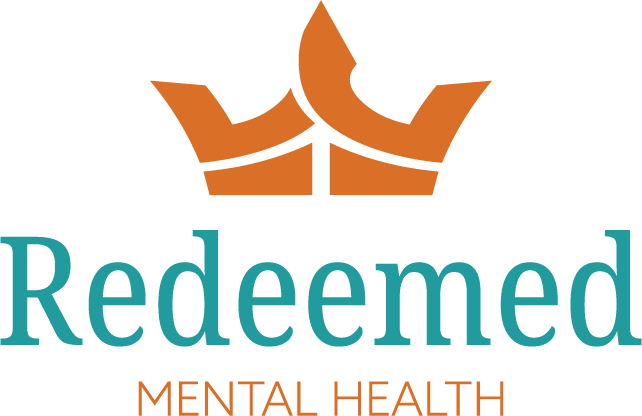



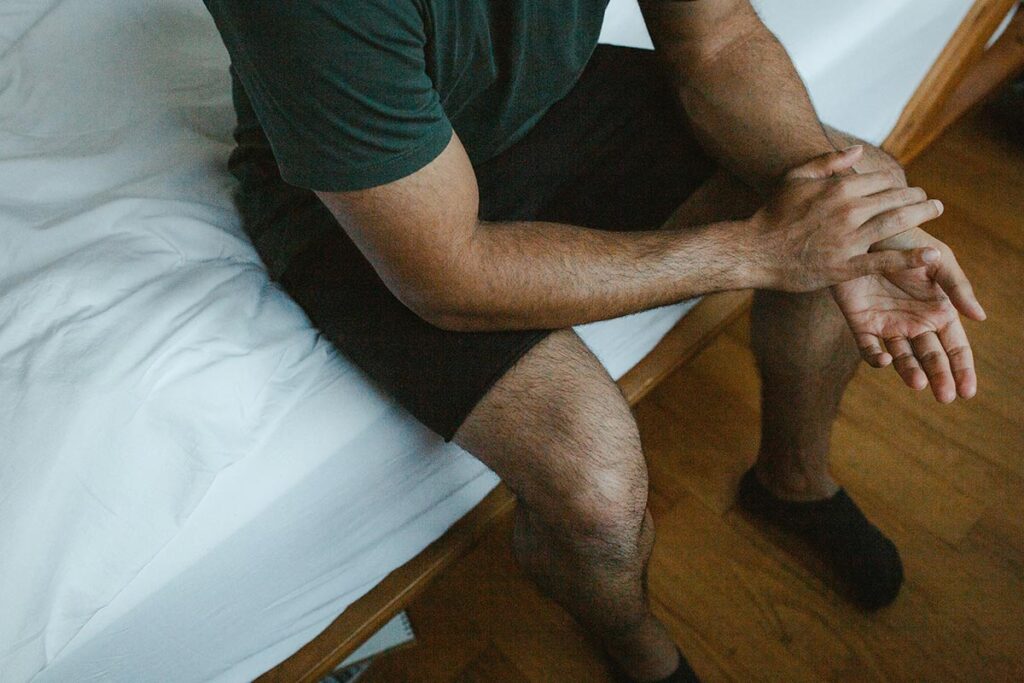
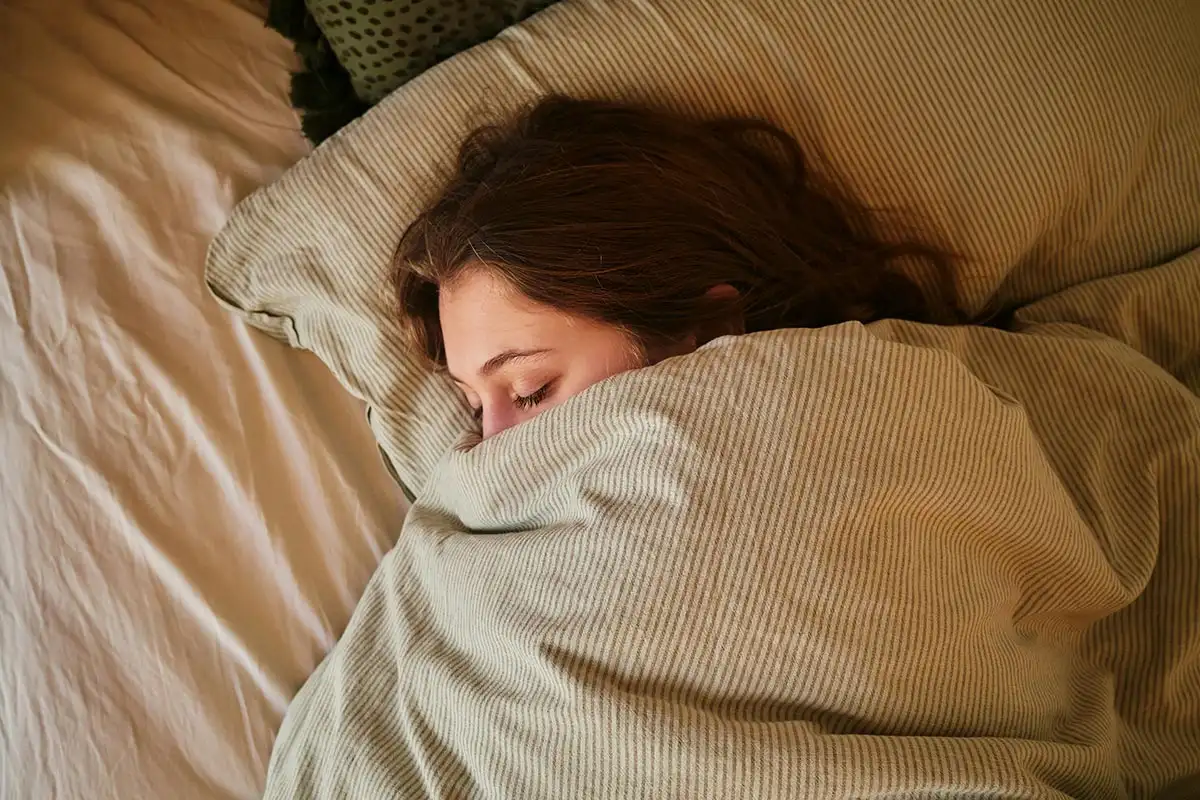
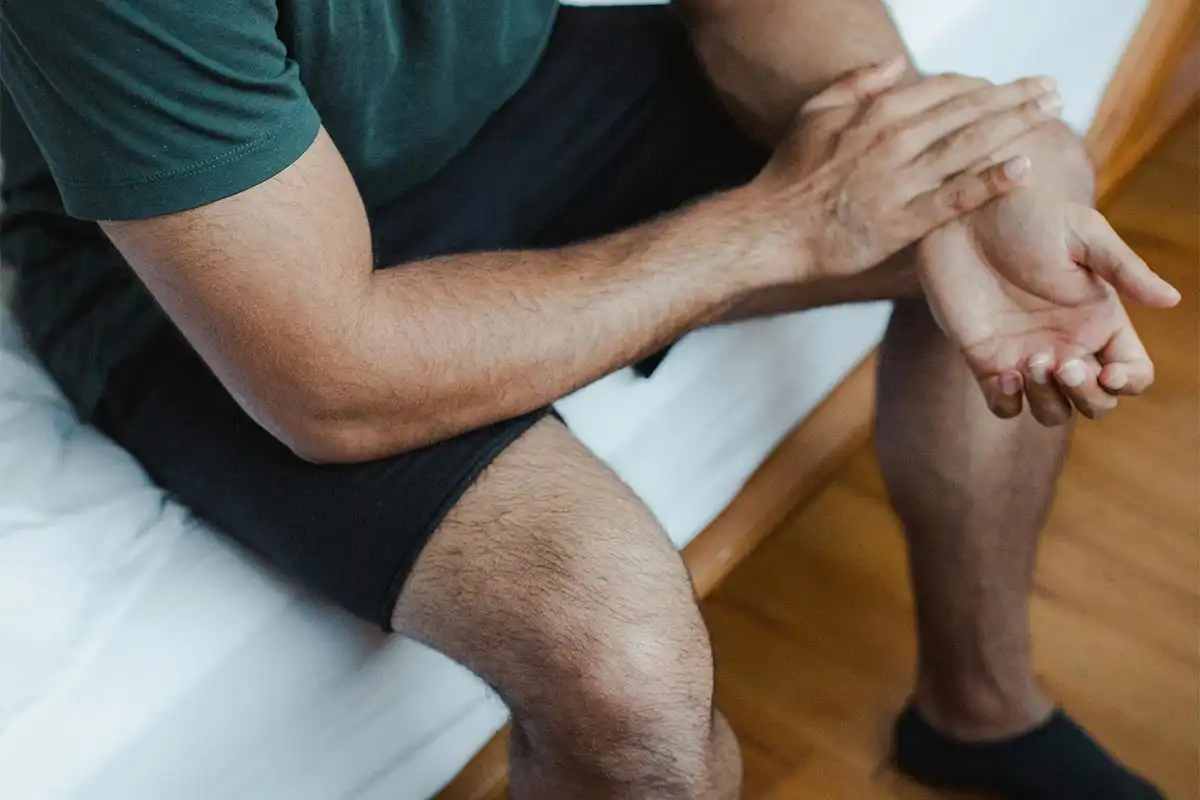 Changes in Appetite or Weight
Changes in Appetite or Weight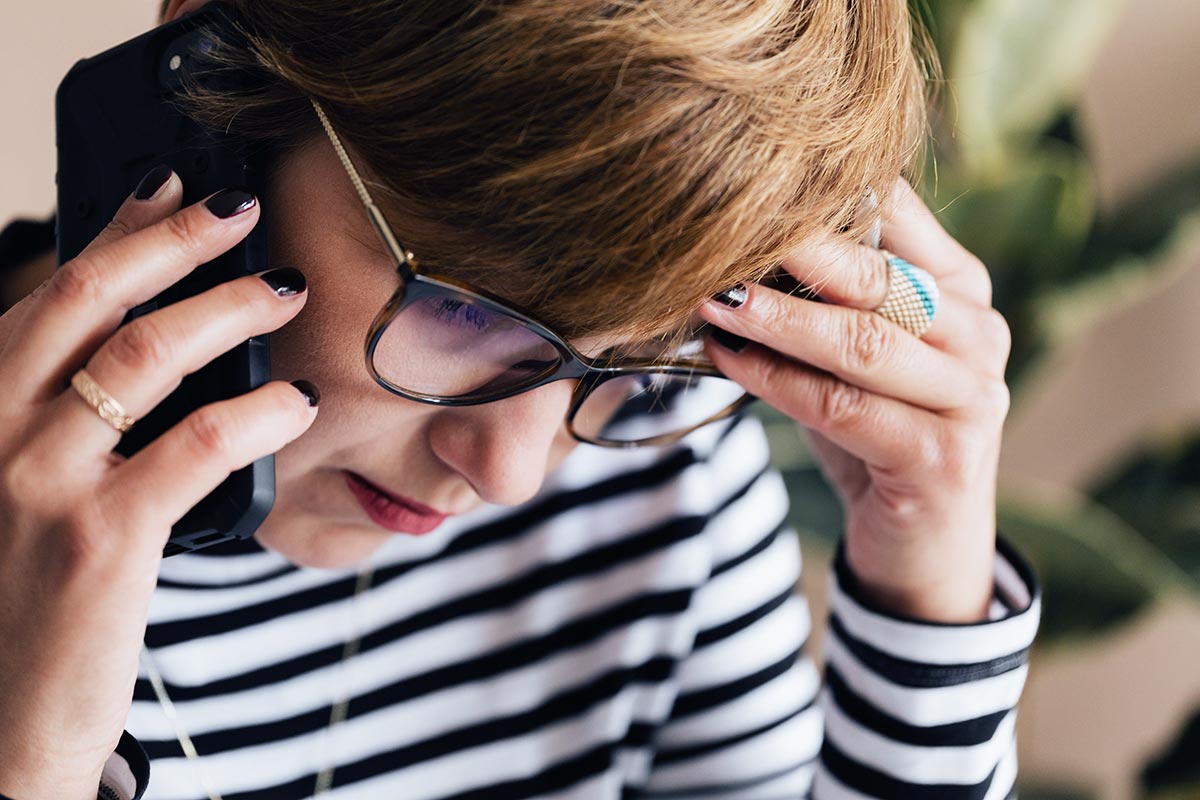
 You’re Not Enjoying Things
You’re Not Enjoying Things Your Routines are Falling Apart
Your Routines are Falling Apart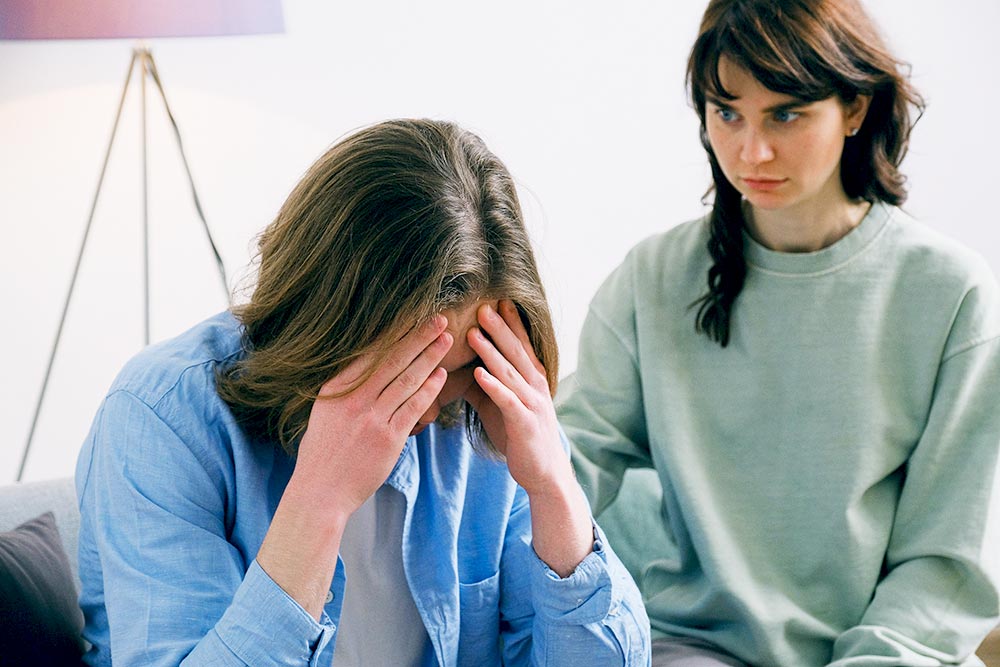 Trouble with Relationships
Trouble with Relationships
 There are plenty of benefits to going to an
There are plenty of benefits to going to an 


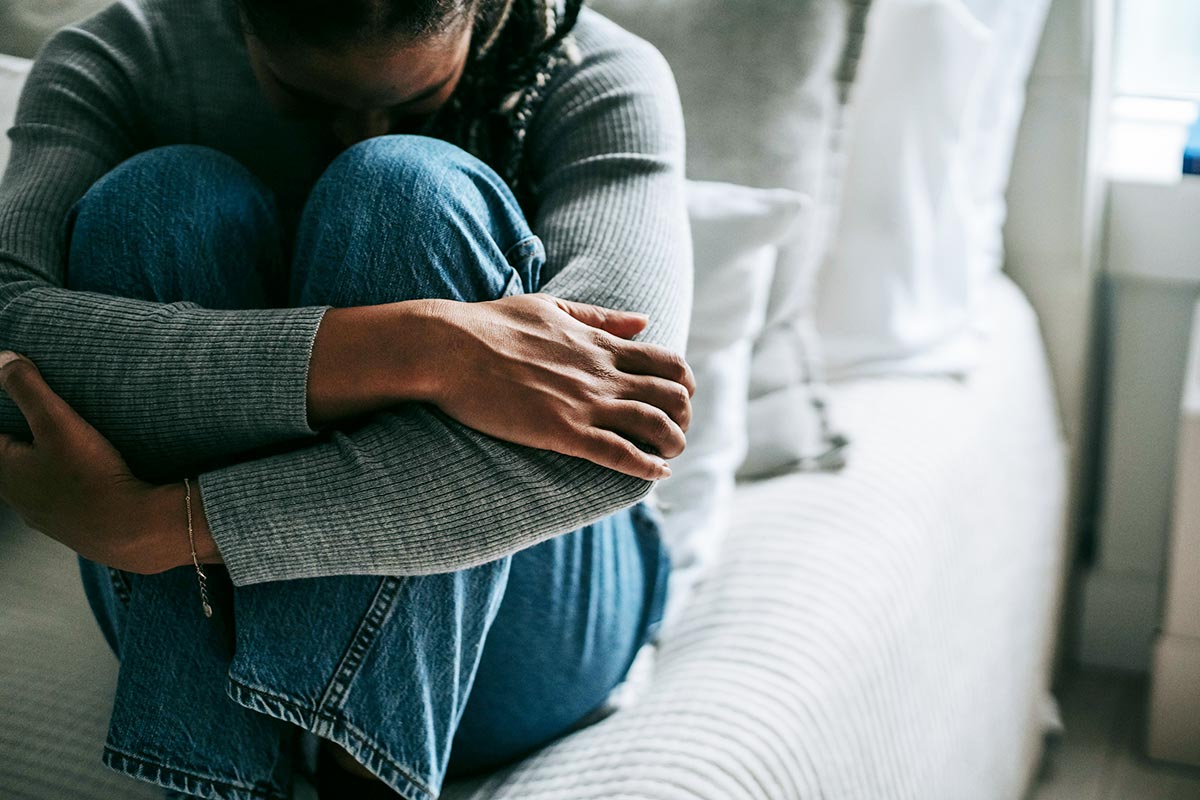
 You can also look for statements like:
You can also look for statements like: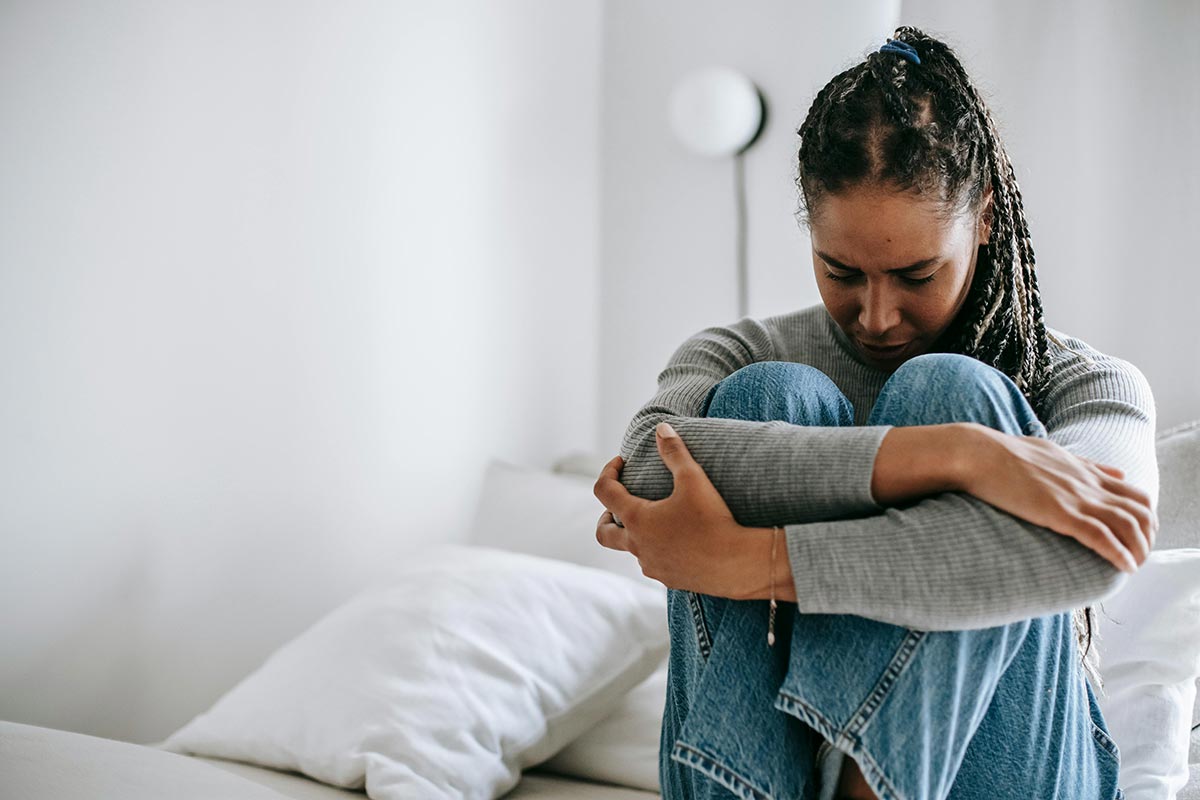 You can also look for signs of poor mental health like:
You can also look for signs of poor mental health like: In 2021, an estimated
In 2021, an estimated  When Should You Seek Help?
When Should You Seek Help?
 Treatment for these disorders typically involves a combination of medication and therapy. At Redeemed Mental Health, we offer a range of treatment options, including Individual Therapy, a Partial Hospitalization Program (PHP), and
Treatment for these disorders typically involves a combination of medication and therapy. At Redeemed Mental Health, we offer a range of treatment options, including Individual Therapy, a Partial Hospitalization Program (PHP), and 















